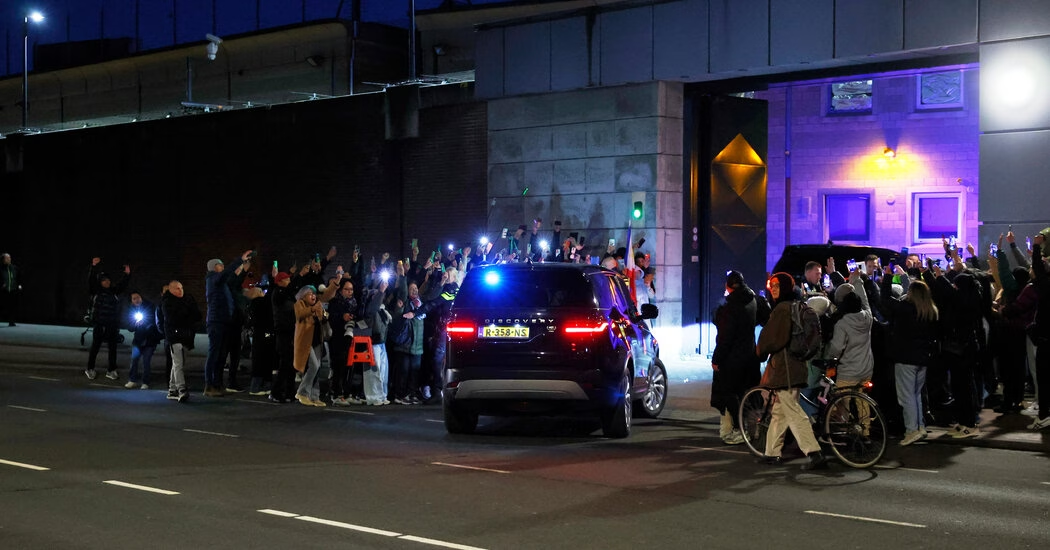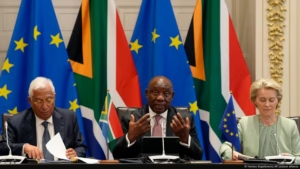Rodrigo Duterte, the former president of the Philippines, appeared at an International Criminal Court (ICC) hearing via video link on Friday. This marks a significant moment for Filipinos seeking justice for the brutal killings of thousands of civilians that took place under Duterte’s presidency.
Duterte, 79, was arrested on Tuesday at Manila’s main airport after returning from a trip to Hong Kong. The arrest came days after the ICC issued a warrant for Duterte’s alleged crimes against humanity, not only during his time as president but also as the mayor of Davao City. According to reports, Filipino authorities, with the help of Interpol acting on behalf of the ICC, arrested Duterte. The Philippines is no longer a member of the court, making this collaboration notable.
Prior to his presidency, Duterte had vowed to eliminate drug users and traffickers, resulting in the deaths of tens of thousands of people. Many of these victims were minors and not involved in the drug trade, activists say. Duterte’s previous immunity had made him seem untouchable, but his arrest signals a shift in this dynamic. Duterte’s team argues that his detention is unlawful due to the ICC’s lack of jurisdiction in the Philippines, as the country withdrew from the court during his presidency. However, the court asserts its jurisdiction due to the killings happening while the Philippines was still a member.
The prosecution charges Duterte with crimes committed between Nov. 1, 2011, and Mar. 16, 2019, the period during which the Philippines was a member of the ICC. Despite the Philippines’ withdrawal from the ICC, it remains a member of Interpol, which facilitated Duterte’s arrest at the request of the ICC. Political changes, including the succession of President Ferdinand R. Marcos Jr., have influenced this situation. Initially resistant to cooperation with the ICC, Marcos’ government now allows the court’s investigators access, fracturing his alliance with the Duters, particularly his niece Sara Duterte, the country’s vice president, who is also a presidential hopeful for 2028.
The ICC faces a significant challenge in convicting Duterte, having previously failed to convict several world leaders. To prove crimes against humanity, the prosecution must show that Duterte’s violent “war on drugs” campaign was part of a criminal plan targeting civilians. The arrest is seen as part of a broader political maneuvering, potentially aiming to weaken the Duterte family’s political influence without significant consequences. This issue is expected to greatly impact the Philippines’ midterm elections in May, viewed as a contest between the Marcos and Duterte families.
Source: https://www.nytimes.com/2025/03/14/world/asia/duterte-philippines-icc-crimes-against-humanity.html





